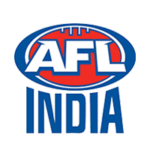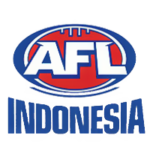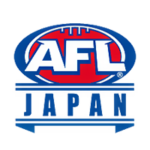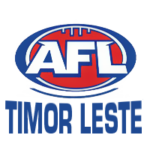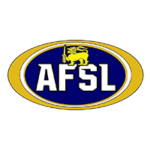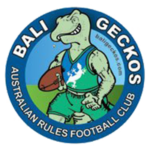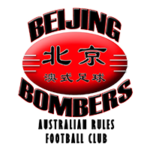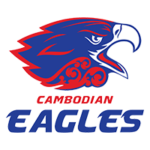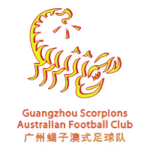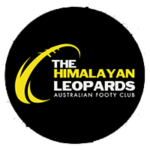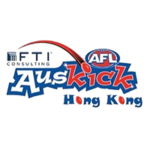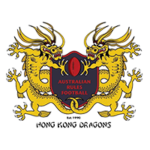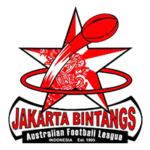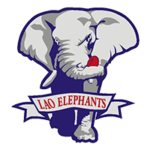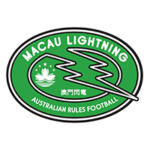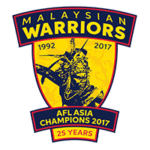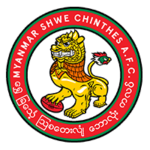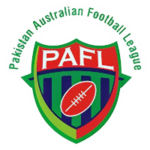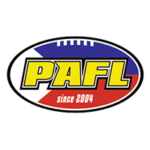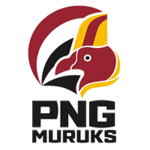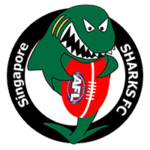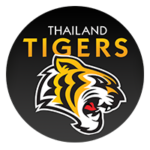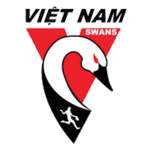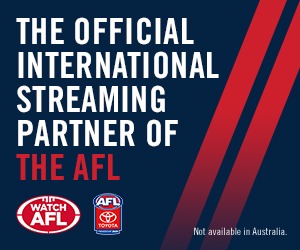Julian Clark, passionate supporter of Aussie Rules in every country outside of Australia, is the Biog Rooster.
Earlier this month, on 16 September 2014, the Myanmar Times published an article by Thomas Kean titled, The Big Rooster brings Aussie Rules football to Myanmar. Below is an extract.
“This is my advertisement, mate,” says Julian Clark. He tugs at his Cambodia Eagles polo shirt with one hand, a mug of cold beer recently poured from the tap at Savoy Hotel’s Captain’s Bar in the other. “My job is to use this to recruit people.”
Julian “Big Rooster” Clark, a veteran of 20 Australian rules football seasons as an expat, has made something of a career out of nurturing new teams wherever his work as an engineer has taken him.
Well, not his day job. But Julian “Big Rooster” Clark, a veteran of 20 Australian rules football seasons as an expat, has made something of a career out of nurturing new teams wherever his work as an engineer has taken him. He left Australia for Singapore in the mid-1990s, when the tail end of a recession meant there were few jobs at home for graduates and, football in hand, has rarely looked back.
Fittingly, it was a chance meeting at the Australian embassy in Malaysia while watching the 1995 Carlton-Geelong Grand Final that first got him out onto the field. A man behind the bar was wearing a Malaysian Tigers (now known as the Malaysian Warriors) shirt, and explained the team was playing a couple of weeks later. Clark had no hesitation in pulling on the boots.
“From then on I was hooked,” he told The Myanmar Times in a recent interview. “The meeting dictated my dress code from that point on … in the hope that just one bloke in a pub seeing [my polo shirt] might result in another player [for the team].”
After starting out with Southeast Asian sides, he helped established the first Australian football teams in Finland (Lions, now Icebreakers), Dusseldorf (Lions, now Rheinland Lions) and China (Blues, now Reds).
November 2013 saw him bring the oval-ball game to Myanmar for the first time, overseeing the creation of a national team, the Fighting Cocks. When Clark ran out with the rest of the Fighting Cocks to play the Thailand Tigers at Pun Hlaing in May for the team’s inaugural game, he was representing his 24th national team – surely a record in a football code that has a limited following outside Australia. The list of Clark’s former sides includes giants of the sport like the Austrian Dingoes, Pakistan Markhors and Belgium Saints.
The Fighting Cocks went down 3.6.24 to Thailand’s 11.15.81 in April, although in the process Clark secured the distinction of kicking the first goal for the fledgling side. (Like teams, Clark is a collector of quirky statistics: these include kicking the first democratic goal on communist soil, for the Thailand Tigers in Saigon, 1998, and the first communist goal on democratic soil, for the Vietnam Saints in Bangkok, 1999.)
The Fighting Cocks fared better at the recent Indochina Cup, where they beat the Cambodian Eagles 3.3.21 to 2.6.18 to secure their inaugural win – albeit with the help of a couple of players from the Vietnam Swans. A few of the Swans even played against their teammates for the Fighting Cocks in the match against Vietnam, which Clark’s team lost 5.1.31 to 3.3.21.
Playing on their home turf at the Pattaya Polo Club, the Thailand Tigers ran out winners in the August 15-16 competition, which also featured the Laos Elephants.
The Fighting Cocks were not the only Myanmar connection at the tournament. The final game saw former Australian Football League (AFL) player Andrew Embley, whose father was born in Yangon and migrated to Perth in 1964, coach the Indigenous All-Stars – a combined team made up of nationals from Southeast Asian countries – to victory against a regional expatriate team, the Kangaroos. Embley even pulled on the boots for the Fighting Cocks in one of their group matches.
A star of the game for more than a decade, Embley played 250 games for the Perth-based West Coast Eagles between 1999 and 2013, winning the 2006 Norm Smith Medal for best on ground in that year’s grand final.
- To read the remainder of the article, please visit the original source at the Myanmar Times.
- To read more articles about AFL Asia and AFL Asia member clubs that have been published in the media, click here.
